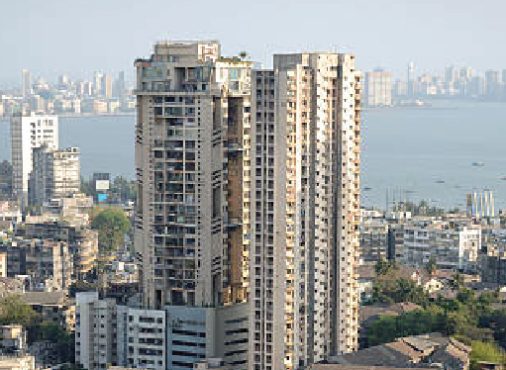Floor Space Index (FSI) is an important term in the real estate sector. It is an essential factor that developers, investors, and buyers consider when buying or developing a property. FSI measures the total built-up area that can be constructed on the land. It is a ratio of the total built-up area to the total area of the plot. In this article, we will provide a comprehensive guide to understanding FSI, its calculation, and its relevance in real estate development in India.
Calculation of FSI: To calculate FSI, divide the total built-up area by the total area of the plot. For instance, if a plot of land measures 1000 square meters and the total built-up area allowed on it is 2000 square meters, then the FSI would be 2.
Relevance of FSI in Real Estate Development: FSI plays a critical role in real estate development in India. It is one of the primary determinants of the number of floors that can be constructed on a piece of land. In India, FSI is regulated by the local government and is determined by the development control regulations of the state or city. For instance, in Mumbai, the permissible FSI for residential buildings is 1.33, which means that the total built-up area cannot exceed 1.33 times the total area of the plot. However, this FSI can vary based on several factors, such as the property’s location, the type of property, the intended use of the property, and the local development plan.
Benefits of High FSI: A higher FSI means a more built-up area can be constructed on the
plot. This can be advantageous in several ways. For instance, it can help meet the growing demand for housing, especially in urban areas where land is scarce. It can also help reduce construction costs per unit of built-up area, as more units can be constructed on a given piece of land. However, a high FSI can also lead to overcrowding, congestion, and strain on roads, water supply, and sewage systems. Therefore, the local government regulates the FSI to ensure sustainable development and does not adversely impact the environment and the resident’s quality of life.
To understand FSI in India, let’s look through the permissible FSI in different cities-
Mumbai: As mentioned earlier, the permissible FSI for residential buildings in Mumbai is 1.33. However, some areas in Mumbai have higher FSI, such as Bandra-Kurla Complex (FSI of 5) and Nariman Point (FSI of 3.5). These areas are considered premium locations and are in high demand for commercial and residential development.
Bengaluru: The FSI varies based on the property’s location in Bengaluru. For instance, in the central business district of Bengaluru, the permissible FSI is 4. However, in other areas of the city, it ranges from 1.5 to 2.5.
Chennai: In Chennai, the FSI for residential buildings ranges from 1 to 1.5, depending on the property’s location. However, for commercial buildings, the FSI can be up to 3.
FSI is an essential factor in real estate development in India, and it is critical to understand its calculation and relevance, whether you are a homeowner or a real-estate giant!








